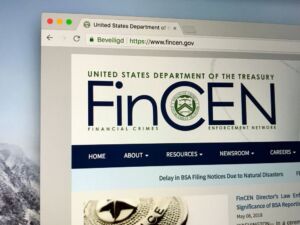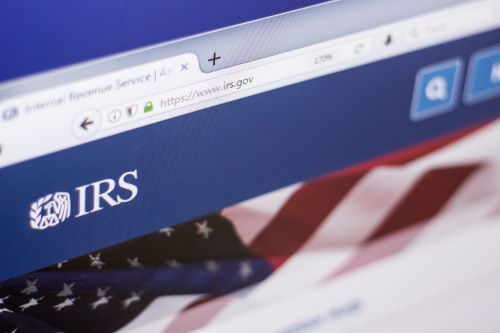Inflation Reduction Act – Tax Opportunities for Individuals
In recent months concern over inflation and the state of the U.S. economy, especially the potential for a recession, has been an ongoing concern. Many, including the Wall Street Journal, have concluded a recession is imminent. It is against this backdrop that President Biden recently signed the Inflation Reduction Act (Act) into law. The legislation invests billions in deficit reduction, assesses new taxes on the wealthy and large companies, and levels the international business landscape for domestic companies. It also increases energy security through energy storage, transmission, and investments to allow renewable energy to be used more efficiently.
Aside from these important goals, the Act includes several new and extended federal tax credits and incentives for certain energy-efficient upgrades and purchases. Most notably, it includes new tax savings for the purchase of electric vehicles. To help clients, prospects, and others, Whipplewood CPAs have provided a summary of the key details below.
- Purchase of New Electric Vehicles – There is an opportunity to receive a tax credit for purchasing new energy-efficient vehicles such as hybrids, electric plug-ins, and more. The federal tax incentive is worth up to $7,500 and is available through 2032. The sticking point could be that not all vehicles will qualify. Only new electric cars less than $55,000 ($80,000 for trucks and SUVs) are eligible, and certain components, like the battery, must be domestically sourced under strict new eligibility requirements. It is important to note that not all taxpayers will be eligible to claim the credit due to income phase-out rules.
- Purchase of Used Electric Vehicles – There is also a credit available for purchasing used electric vehicles. Eligible buyers can receive a credit of $4,000 or 30% of the sales price, whichever is less. There are important limits to consider. The vehicle cost may not exceed $25,000, the model must be at least two years old, and the credit can only be claimed once every three years. It is important to note that not all taxpayers will be eligible to claim the credit due to income phase-out rules.
- Energy Efficient Home Improvement Credit Extension – This Act extended this credit, providing Denver homeowners a 30% federal tax credit for completing certain energy efficiency projects such as installing energy-efficient windows and doors or new heat pumps. The credit maximum is $1,200 per year for typical projects but is increased to $2,000 for installing certain stoves and boilers.
- Residential Clean Energy Credit– An incentive extended and enhanced by the Act is the credit available for the installation of clean energy systems. Perhaps the most common example is the installation of solar panels. There is now a 30% federal tax credit available for eligible installations. It is important to note the credit’s value will fall to 26% in 2033 and 22% by 2034. It is worth noting the credit can now be claimed on battery systems that store excess renewable energy, a benefit that was not part of the prior regulations.
Contact Us
The Inflation Reduction Act opens the door to new and extended energy-efficient tax savings. This is especially true of the changes impacting the purchase of electric vehicles. If you have questions about the information outlined above or need assistance with a tax or accounting issue, Whipplewood CPAs can help. For additional information, call 303-989-7600 or click here to contact us. We look forward to speaking with you soon.
About the Author

Mona Feeley CPA
Being a small business owner through some considerable life challenges has provided Mona the ability to see life and entrepreneurship from a unique perspective. Overcoming those challenges while seizing opportunities and moments that would probably pass others by has also given her an optimistic mindset and a brand of determination that is contagious to her colleagues and her clients.




